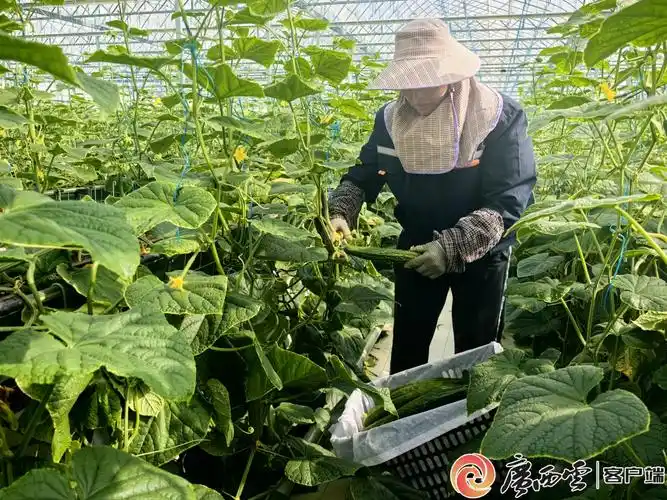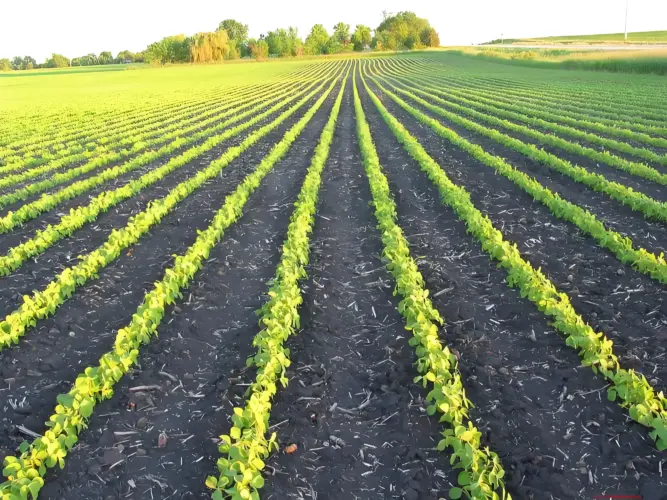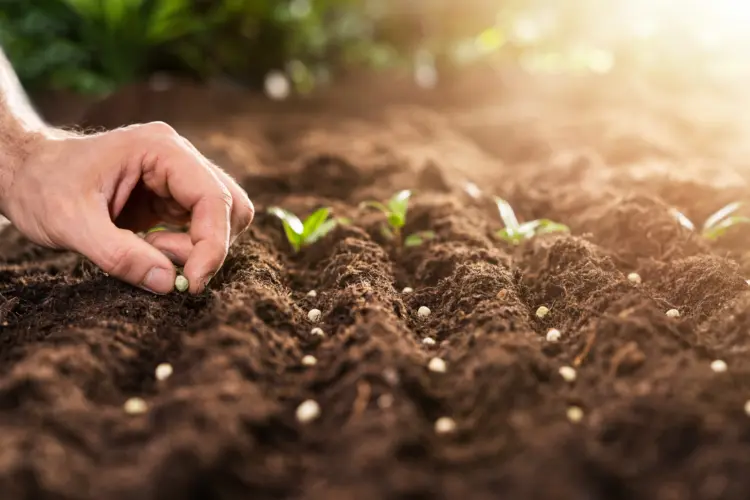Creating liquid fertilizer from kitchen waste is an eco-friendly way to nourish your plants while reducing household waste. Common kitchen scraps, such as vegetable peels, coffee grounds, and eggshells, can be transformed into nutrient-rich liquid fertilizers that support plant growth.
Benefits and Applications
Benefits
Cost-Effective: Utilize waste materials to create a free source of plant nutrients.
Eco-Friendly: Reduces landfill waste and recycles nutrients back into the soil.
Customizable: Tailor nutrient content based on the specific needs of your plants.
Applications
Houseplants: Use diluted liquid fertilizer for indoor plants to promote growth and vitality.
Garden Plants: Enhance the health of vegetables, flowers, and herbs in your garden.
Seedlings: Provide a gentle nutrient boost to young plants during the early stages of growth.
Step-by-Step Preparation Instructions
Ingredients
Vegetable peels (e.g., carrot, potato)
Coffee grounds
Eggshells
Water
Equipment
Large container or bucket
Strainer or cheesecloth
Stirring stick
Preparation Steps
Collect Kitchen Waste
-
- Gather vegetable peels, coffee grounds, and crushed eggshells. Avoid using meat or dairy products as they can attract pests.
Fill the Container
-
- Place the collected kitchen waste in a large container. Fill the container with water, ensuring the waste is fully submerged.
Fermentation
-
- Cover the container loosely to allow air circulation. Let the mixture sit for 1-2 weeks, stirring occasionally to aerate and accelerate decomposition.
Strain the Mixture
-
- After fermentation, strain the liquid through a strainer or cheesecloth to remove solid particles.
Dilution
-
- Dilute the strained liquid with water at a ratio of 1:10 (one part liquid fertilizer to ten parts water) to prevent burning plant roots.
Application
-
- Use the diluted liquid fertilizer to water plants, applying it directly to the soil around the base of the plants.
FAQs
1. How often should I apply liquid fertilizer?
Apply every 2-4 weeks during the growing season for optimal results. Adjust frequency based on plant response and growth needs.
2. Can I use other kitchen scraps in the fertilizer?
Yes, you can experiment with different organic materials like banana peels and tea leaves to vary nutrient content.
3. Is it safe for all types of plants?
Liquid fertilizer from kitchen waste is generally safe for most plants. However, always test on a small area first and observe how your plants respond.
By making your own liquid fertilizer, you can support plant health naturally while promoting sustainability in your home and garden. This simple process not only benefits your plants but also contributes to a greener environment






